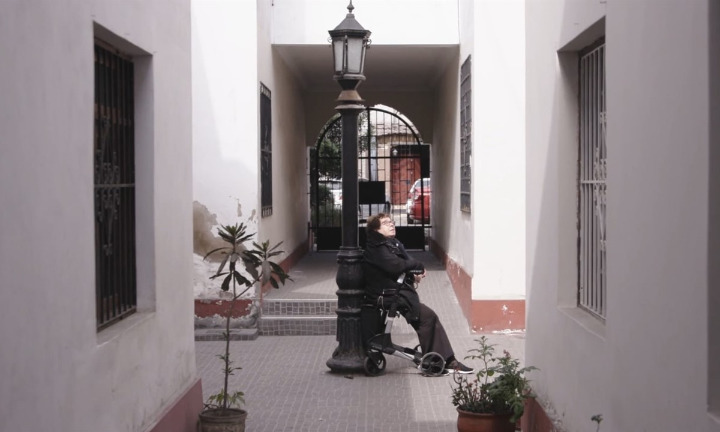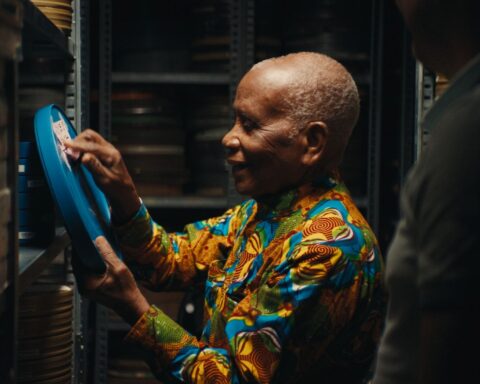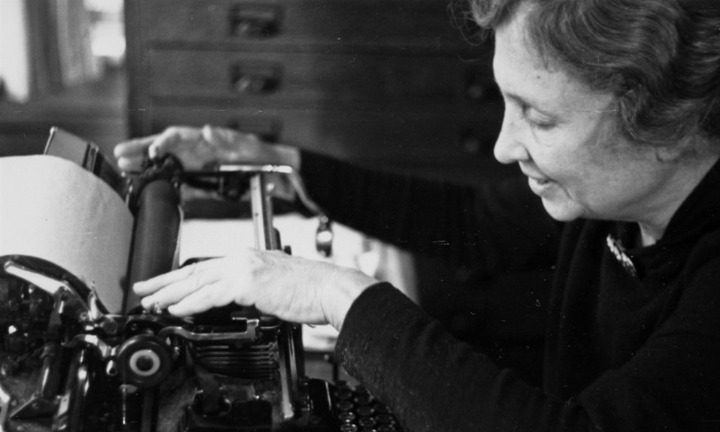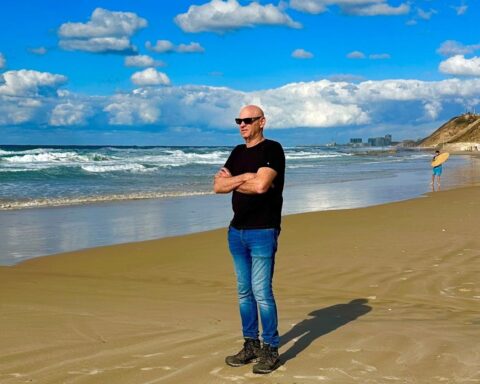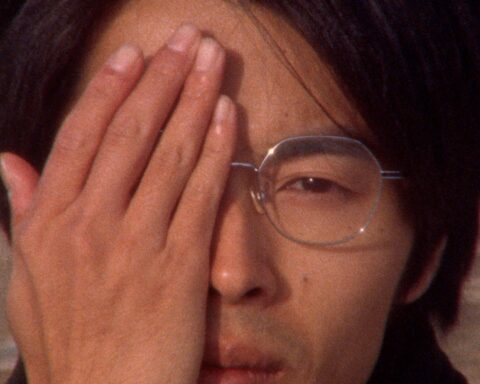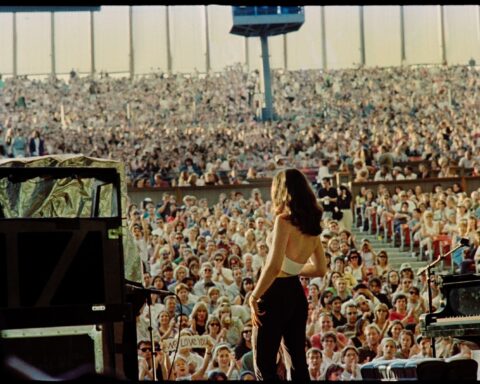Trust one of the Netherland’s true auteurs, Heddy Honigmann, to create a film title that works both as a life philosophy and a primer for documentary making. A Peruvian Jew by birth who has become an integral member of Holland’s film community, Honigmann has made two countries her home at various times in her life and knows that “there is no path” to success. Rather, it’s through trusting your instincts and improvising in the moment that one can film a great scene or have a significant interaction with anyone, whether a friend or someone you’ve just met. As she says in the film, one should never interview a person; instead you should have a conversation, which will give information, but more importantly, convey the emotion that makes the encounter memorable.
In No Hay Camino—There Is No Path, Honigmann lets her philosophy guide her through the most personal work in her life. She announces early in the film that she has been diagnosed with incurable cancer and doesn’t know how long she has to live. Never one to give up, the legendary director has decided to make a film, and, at the instigation of her long-time producer Pieter van Huijstee, it turns out to be about her own life. For most of the doc, we view Honigmann as she goes back her birthplace in Lima to visit old friends and colleagues. Trying sometimes unsuccessfully to keep her emotions under wrap, Honigmann visits restaurants and cafés and even finds her old family home. The conversations she has are either nostalgic or about the big issues that inevitably arise when one is confronting mortality.
There is one major piece in her life that Honigmann has never resolved, her feelings towards her father, Victor, who was a Holocaust survivor and a comic strip artist, well known in Peru for creating the character Supercholo. As a father, Victor was a tough, controlling figure, who was constantly at odds with his free spirited daughter. Heddy left her home and eventually Peru to escape from Victor and it’s clear that she’s never forgiven him for his old-fashioned patriarchal attitude towards her. If there’s redemption in No Hay Camino, it’s in Heddy Honigmann’s acceptance of her father as a flawed man, who did the wrong things out of love for her.
Though the film has no discernible timeline or set location, the audience does follow Honigmann from Peru to Netherlands, where she meets more friends and see her sons, who clearly love her. Now in her seventies and in a wheelchair, she retains her keen, questioning intelligence, charm and resilient strength. If this film is her swan song, it’s an appropriate one. But she has listed a new project, 100 Up, which she wants to make. Sounds like a good one.
No Hay Camino screens at Hot Docs 2021.




